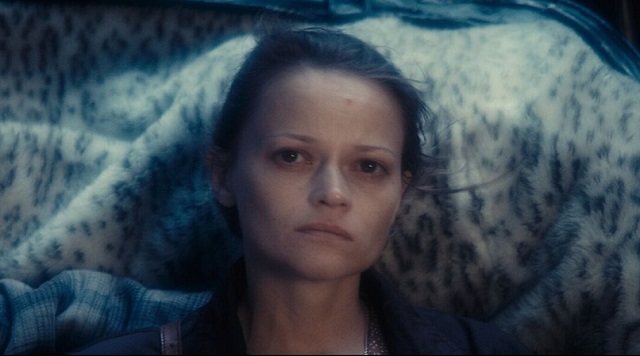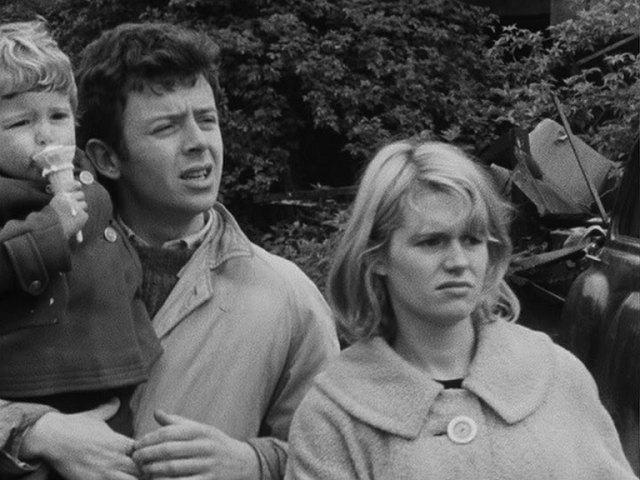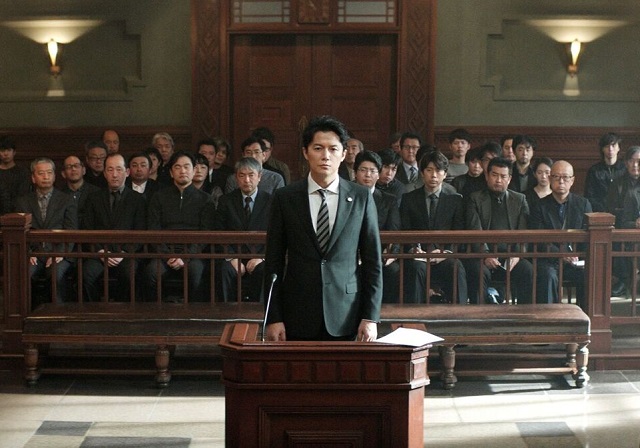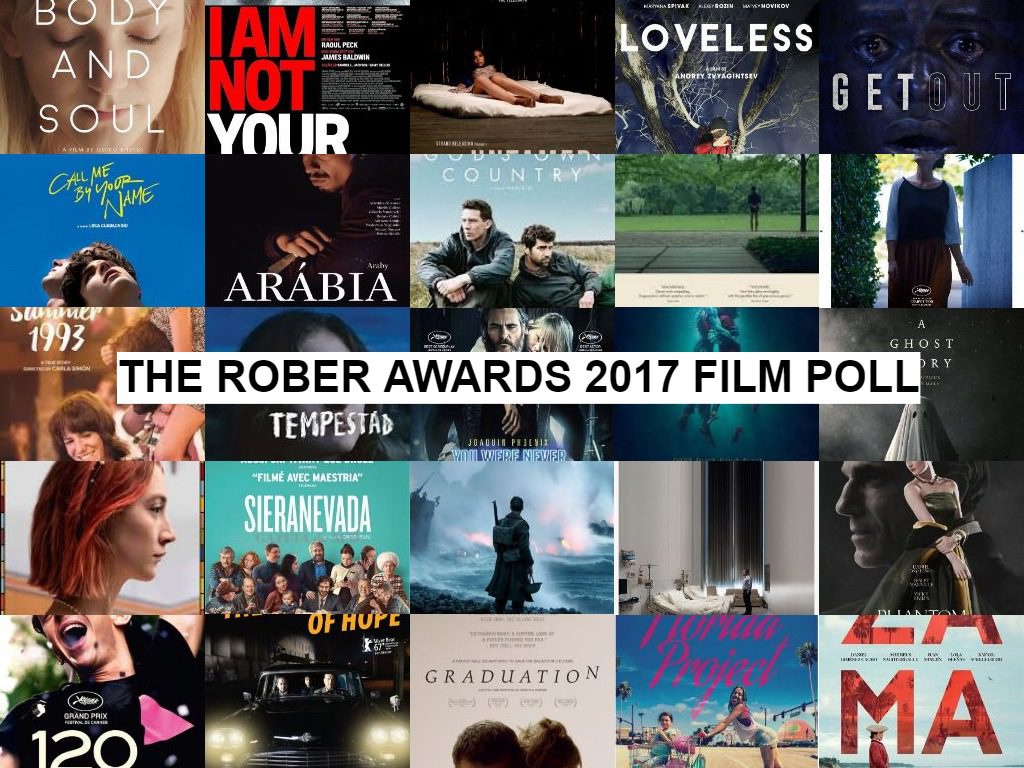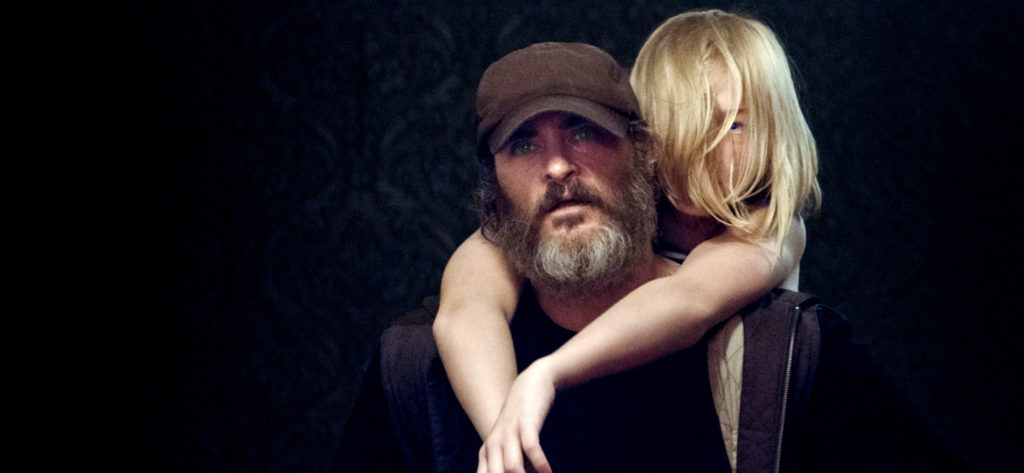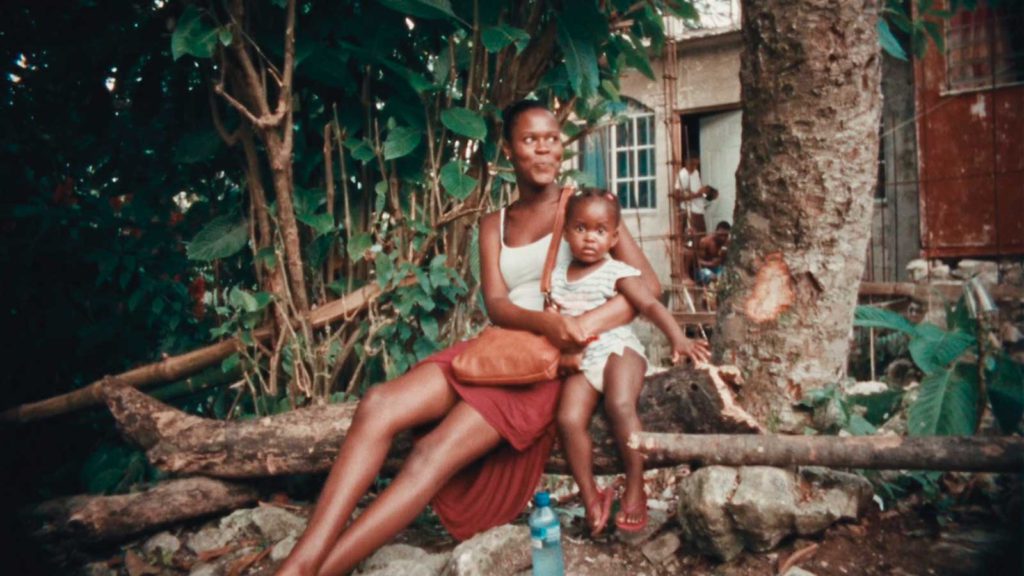 BLACK MOTHER Khalik Allah
BLACK MOTHER Khalik Allah
The Frames Of Representation Film Festival is ready to raise its curtains featuring once again an unique selection of films which push aesthetic and political boundaries. In only three editions, FoR has consolidated itself as an unmissable forum for those who like cinema at its most ground-breaking, challenging in both form and content. The annual event celebrated at London’s ICA is described by its curator, Nico Marzano, as “a laboratory conceived to engage with new visions of cinema through supporting the presentation, production and distribution of innovative and politically challenging cinematic languages”.
Last year it was dedicated to ideas about “Working” and boasted the UK premieres of two of our favourite films of 2017, Jorge Thielen Armand’s ‘La Soledad’ and Eduardo Williams’ ‘The Human Surge.’ This year’s main concept is “Landscape.” and standout works from the programme such as Salomé Lamas’ ‘Extinction’ or Nelson Carlos De Los Santos Arias’ Cocote’ are also likely to be among 2018’s most thought-provoking and best.
Frames Of Representation will take place from April the 20th until the 28th and will showcase thirteen features and six short films from 16 countries linked together by a strong sense of place, instrumental in the depiction of the issues they reflect upon, blending the poetic with the factual; documentary with fiction and the personal essay with their wider social and political contexts. All of them are UK or European premieres for which the ICA will host Q&As with their respective directors, presented alongside a diverse series of workshops, symposiums and other related activities. Here’s a small preview featuring our picks from this year’s edition:
